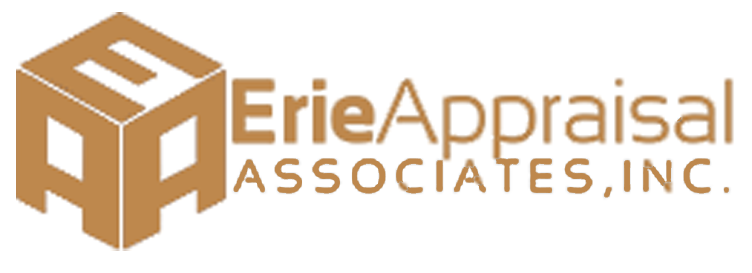Sexual Harassment
If you need to consult with an attorney or would like more information on sexual harassment, please contact the Erie County Bar Association's Lawyer Referral & Information Service.
Sexual harassment is a form of sex discrimination. The Equal Employment Opportunity Commission, or "EEOC", is a government agency which enforces the laws against sex discrimination. The EEOC has defined "sexual harassment" as any "unwelcome sexual advances, requests for sexual favors, and other verbal or physical conduct of a sexual nature" when:
- submission to such conduct is made either explicitly or implicitly a term or condition of an individual's employment;
- submission of a rejection of such conduct is used as a basis for an employment decision affecting the individual; or
- such conduct unreasonably interferes with an individual's work performance or creates an intimidating, hostile or offensive working environment.
The critical questions asked by the court are usually whether the sexual advances are really unwelcome and whether the conduct is severe enough to have a significant impact on the work environment.
Sexual harassment can consist of an offensive or unwanted physical touching, but it can also be a pattern of obscene, lewd or suggestive comments. In most cases, however, isolated crude or off-color jokes do not, by themselves, constitute unlawful sexual harassment, unless there is additional inappropriate conduct.
An individual's sexually provocative speech or suggestive style of dress may be relevant in determining whether sexual advances made toward such a person are really unwelcome as the law requires.
If you believe that you are the victim of sexual harassment, one course of action you may want to consider is whether to notify the Supervisor of the employee involved. An employer generally will not be found to be responsible for failing to correct this type of misconduct if responsible officials are not notified that it is occurring. Further information concerning the technical requirements for making legal claims of this type can be obtained from The Equal Employment Opportunity Commission, The Pennsylvania Human Relations Commission, or an attorney knowledgeable in this field.
Information is current as of 2/2018.




